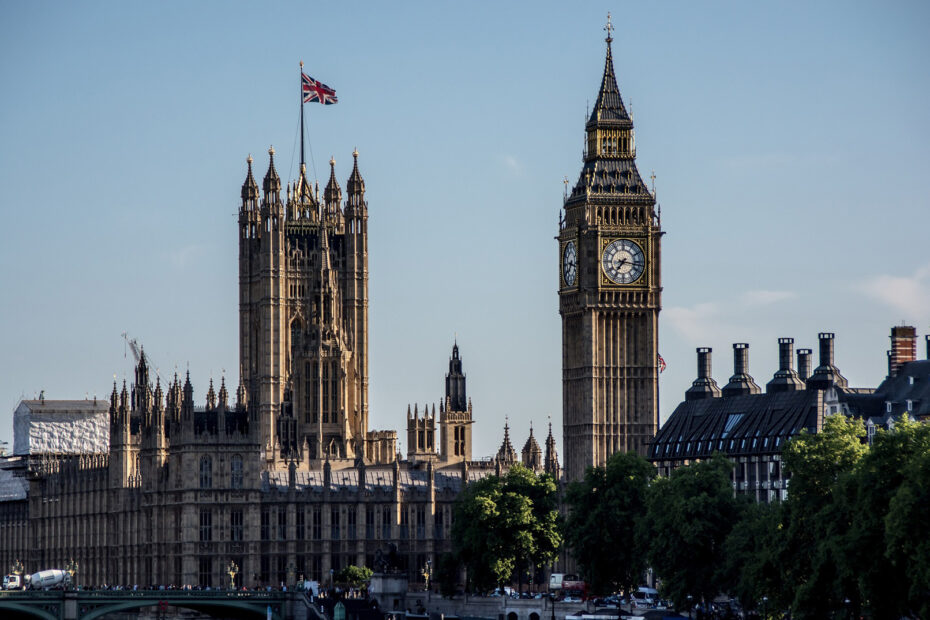Against the backdrop of record high and volatile energy prices, Ofgem set out on 8 July its view on key aspects of the GB energy system where it considers significant reform is required to deliver a resilient, low cost, low carbon energy sector.
Recent developments in the energy market, such as the unprecedented rise of wholesale gas prices since Autumn 2021 have, in Ofgem’s view, reinforced the case for moving away from our reliance on fossil fuels and to focus instead on accelerating the decarbonisation of the energy system. The regulator has therefore identified three challenges to overcome to reduce energy system costs by more than £10bn per year by 2050. This includes strategic planning and coordination, optimising the energy system, and stabilising and reforming the retail market.
Ofgem highlights the need for a mixed approach to system coordination due to the complexity of necessary upcoming infrastructure changes. The required developments will be characterised by long lead times, uncertainty, new and emerging technologies, as well as dependencies between different energy assets. Therefore, to keep costs down, strategic planning and coordination will be required across current (electricity and gas) and emerging (e.g. heat networks) energy assets. The regulator also notes the challenge of determining the optimal balance between network capacity and greater use of flexibility. It is proposed that the Future System Operator (FSO) will lead the national planning of the strategic electricity and gas networks necessary for a net zero energy system. It will also advise both the Government and Ofgem for the planning of decarbonisation of generation, heat, and transport, as well as facilitate competition in delivering new cost-effective infrastructure. Ofgem further proposes the establishment of a body (or bodies) to deliver planning and coordination at a sub-national/regional level to support the development of local energy networks, flexibility options, and the reliable, transparent operation of local energy systems. Proposed bodies include distribution network operators, gas distribution networks, and local government.
With the anticipated increase in solar and wind generation capacity in the coming decades, it is expected that surplus clean energy will drive down the cost of wholesale electricity. However, in instances of insufficient renewable energy, there will be greater demand for higher priced energy sources, such as natural gas or low carbon alternatives for baseload demand, which will in turn set the price for the electricity market. This could lead to higher-than-necessary costs for consumers and returns for investors, which has been dubbed the “marginal pricing challenge”. In response to this, Ofgem proposes reforms to the wholesale market. An example reform would see the market split into two, with one market for intermittent power paid at a fixed unit price, and the other for firm power paid at market prices as per current arrangements. Alternatively, a faster and simpler route to delivering much of the benefits of a split market would be expanding the use of Contracts for Difference which pay low carbon generators a fixed price for energy and will pay back to consumers when the wholesale electricity price is high, effectively protecting them from market price volatility.
Additionally, onshore and offshore wind generation is likely to be concentrated in locations far from large centres of electricity demand. In the interest of reduced system costs, Ofgem notes the potential to unlock locational flexibility through the development of granular market signals, estimating that this could save billions of pounds annually. Proposed approaches include a move to locational marginal pricing which would see a split of the electricity wholesale market into zones or nodes to allow prices to differ by location. This would encourage investment in well-placed flexible energy assets and send location specific signals to those assets in real-time, minimising system balancing costs.
The recent unprecedented wholesale energy price increases have resulted in more consumers struggling to pay energy bills and has placed a greater strain on the retail market. Improvements to the energy market will look to provide more opportunities for consumers, with Ofgem proposing actions to stabilise the market by introducing a tougher regulatory approach. This would ensure suppliers are financially resilient in their business models and make the price cap more resilient to market volatility. This includes Ofgem’s decision to make changes to the price cap wholesale methodology, seeing the move from six-monthly cap updates to quarterly cap updates; and a reduced notice period of 30 working days, which is split between five working days for Ofgem to calculate and publish the new cap level followed by 25 working days for suppliers to notify customers and implement the new price level to coincide with the start of each quarter. Decisions such as this aim to lower the risk of supplier exits and ensure minimal disruption and cost to consumers if they do.
Alongside this, Ofgem has also stated that the proposals have been developed with the intention that customers are able to “benefit from more affordable, homegrown, and renewable energy”, and as such has committed to creating framework that prioritises consumer interest.
Ofgem will be continuing to evaluate reform options with the aim of concluding in early 2023, having already begun investigating these proposals further. These include a detailed technical assessment of the potential benefits, costs, and implementation requirements associated with a transition to a zonal or nodal market design with the report expected in Autumn 2022. Ofgem is also undertaking a programme of work looking at the longer-term purpose and structure of transmission network use of system charges, and review of distribution use of system charges. Furthermore, an update on its retail strategy is expected to be published later this year.
This is an excerpt taken from our Industry Essentials (GB) service. If you are interested in learning more about the Industry Essentials (GB) service, please click here.

If you would like to access all your services in our customer portal, CATALYST, please click here.
